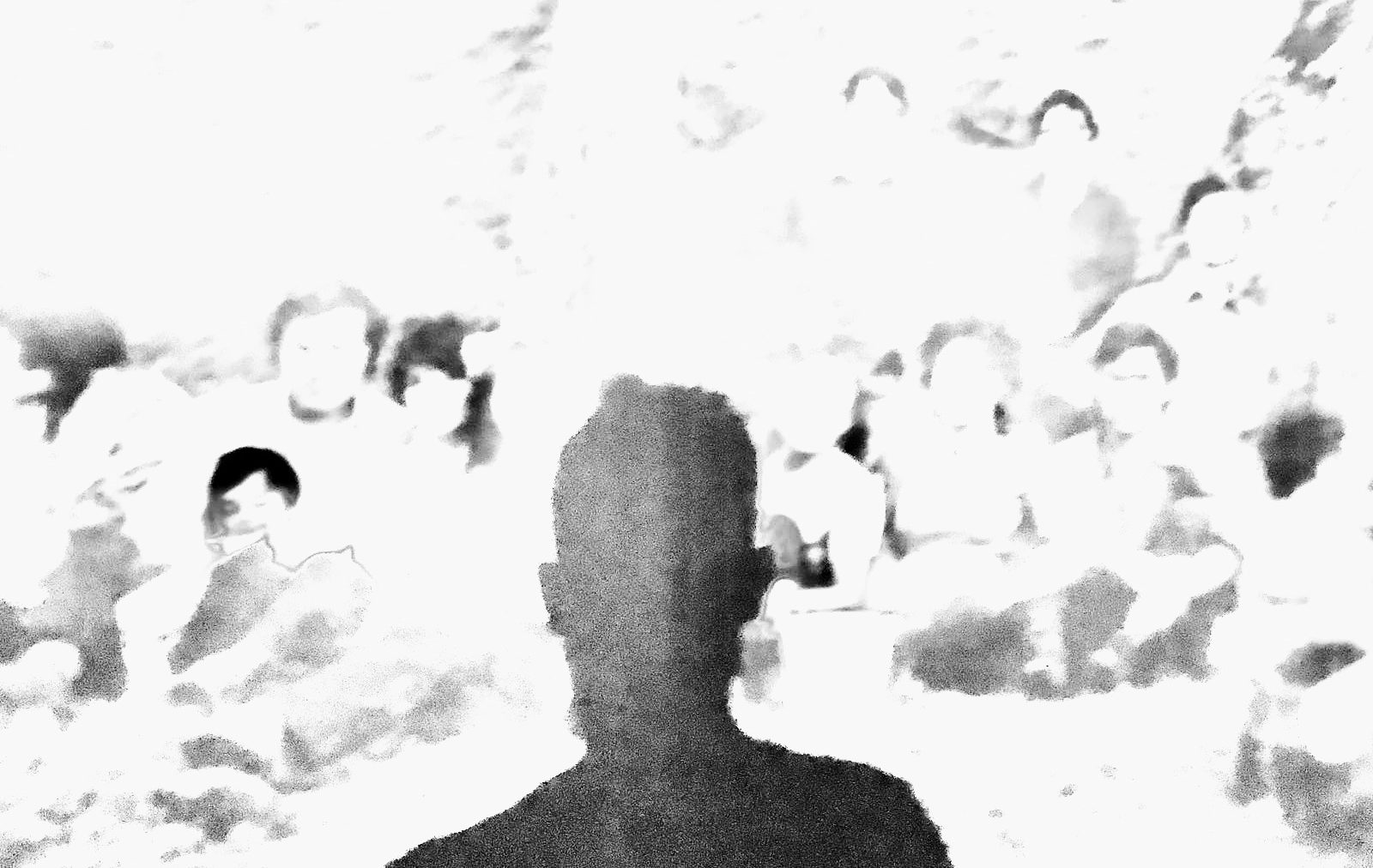According to the thinking-philosophizing of Schopenhauer, there is nothing but suffering: “All life is suffering”. Hence, suicide might arise as a possibility, as the only response to this suffering.
Perhaps the question of suicide belongs to, and lies at the heart of, any thinking and questioning of life, of existing. The Myth of Sisyphus says and confirms this belonging together of the thought of suicide and existing in the world; this togetherness of finding oneself existing in the world and the willingness to end this existing.
“There is but one truly serious philosophical problem and that is suicide. Judging whether life is or is not worth living amounts to answering the fundamental question of philosophy”
Albert Camus, The Myth of Sisyphus
For Schopenhauer, suicide must be rejected and condemned. Schopenhauer says that even if there is nothing but suffering, ethical systems should distance themselves from any thinking that sees suicide as a possibility.
In The World as Will and Representation, Schopenhauer criticizes stoicism’s failure to condemn and reject suicide and attacks its suggestions that suicide is a way of ending pain, a way rendering possible escaping from suffering. Any thinking that recommends suicide is, for Schopenhauer, bankrupt, problematic, and lacking.
Suicide Wills Life
Schopenhauer sees in suicide nothing but a confirming of life. Suicide, according to Schopenhauer, wills life. In The World as Will and Representation, Schopenhauer says that suicide occurs when life is loved, willed, and confirmed; it occurs only when there is a dissatisfaction with the conditions in which we find ourselves.
This means that suicide announces itself for us as a possibility when we think that we are the only ones who are excluded from happiness, when we think that everyone else is excluded from suffering; when we think that suffering and pain are reserved only for us, when we think that we are accidentally selected for suffering while everyone else is distanced from pain and misery.
This feeling of being excluded from happiness, of being destined for pain and suffering, “gives suffering its sting”, since “we are not usually distressed at evils that are inescapably necessary and quite universal such as old age and death”. There is in this way of thinking thus a confirming of life, a will to live, hiding itself from us.
The Futility of Killing Oneself
Suicide wills life and confirms its force because it denies that misery, pain, and suffering are universal. Schopenhauer says that realizing the universality of suffering, realizing that suffering is everywhere, means identifying with all the suffering pervading the heart of humanity; it means identifying with all the suffering permeating the present and extending itself toward infinite pasts and futures. Realizing the universality of suffering means seeing the futility of suicide.
Coming face to face with the universality of misery and pain inserts a radical pessimism into life and living. This pessimism surpasses any thought of suicide. In this pessimism lies a realizing of the futility of suicide.
The failure to recognize the universality of misery is because of our extreme egoism. Our failure to realize that pain and suffering pervade everything indicates that we are not identifying with others. Suicide is a turning away from the suffering that is everywhere, leaving the others alone in their suffering. In The World as Will and Representation, Schopenhauer says that suicide assumes that the problem lies in a specific life and not in life as such.
For more articles on the philosophy of Schopenhauer, visit this webpage.

